...and the weirdness of living on Earth
I wrote this as a comment to a posting on Facebook about the Sunday meditations, and part way through I realised it was worth making a full post out of it… I seem to be churning out a lot of stuff right now but, don’t worry, I’ll calm down!

There’s a definite reason why the timing of the weekly meditation changes in terms of clock-time, though not in natural time. When I was with the Council of Nine thirty years ago (I compiled a book for them), they asked the human group involved with them to start meditating regularly in coordination with them, and they gave us a choice about when it should happen.
We decided on Sunday at 7pm GMT – the most available time that could work for everyone living between the Middle East and North America. But when we wondered about time-changes on the clock, they asked us to keep the time constant (that is, in Britain, 7pm in winter and 8pm in summer).
When asked why, they explained that, since they are beings that do not live in a world or on a planet, they have a technical challenge creating a connection between the timeless zone they’re in and the time-full zone we’re in. We live on (or in) a spinning, solar-orbiting planet where the changes involved with time (day/night and seasons) are a major part of the Earth experience.
Actually, the technicalities of fixing this up are sorted out by a hyper-civilisation called Ultima or Altea. They are one of twenty-four hyper-civilisations that work with and for The Nine, covering different aspects of the universe’s management and in a manner of speaking acting as creation and maintenance crews. The Alteans live in a timeless realm too, but they’re closer to us than the Nine, metaphysically speaking, so they have a capacity to reach into our world to set up the energy-field, the zone, around this meditation.
This allows the energy-field around this meditation to be established and ‘held’ for that half-hour time-period, as we experience it here on/in Earth.

This matter of The Nine and the Twenty-Four is not a universal hierarchy – more a bundle of reality-bubbles of enormous proportions, with some toward the centre and others toward the periphery yet all of them interlocking and interlinked on a multidimensional basis.
What I’ve found fascinating over the years is the accuracy of timing of the meditation – it’s as if the field noticeably switches on at the beginning, dead on time, and it shuts off and closes exactly at the end.
I don’t know if anyone else has experienced this. There’s something about this half-hour time-slot which, when it ends, makes one’s meditation change back to a more ‘normal’ kind that we would experience when meditating at other times. There’s no problem with that since both kinds of meditation have their value and function.

You don’t have to ‘believe’ in The Nine to experience, benefit from and participate in this energy-field – they are not interested in picking up a throng of followers. They have spoken their truth in the book I compiled – The Only Planet of Choice – and that’s all they wish to say, because they prefer us not to follow a scripture or set of instructions – they want us to use our inner experience and inner senses to feel our way into a spirit-field that connects with the essence of what all faiths are addressing – minus the cultural claptrap that they can be encumbered with. They just want to help the people of Earth wake up and get on with the business we came here for.
Personally, I like and respect people who have their own beliefs and ways of seeing things, who can stretch beyond them to see the spirit and soul in anyone, or any culture or faith, and somehow embody their beliefs in their lives, especially in their actions – even if they’re labelled as terrorists, infidels or unworthy souls. As the Dalai Lama would say, we’re all trying to achieve happiness, each in our own ways. Though each culture and time of history has its own misconceptions of what happiness truly implies.
If you wish to read more about The Nine, start here: www.palden.co.uk/nine.html – but even this is not necessary.

I recommend you simply go by your inner sensitivities. If you resonate with the energy-field around this meditation, then that’s all that is necessary. That’s why I encourage all participants to do their meditation as they normally do it – and let it develop. What bridges us is that we all do it at the same time, with a similar basic motivation to help raise the level of the world and bring healing. It’s the motivation, not the method, that really matters – though methods can help, as long as we don’t get too stuck in them. If we get stuck in them, we narrow the vibrational frequency-range of our humanness and spirituality.
One thing we found in the Flying Squad (www.flyingsquad.org.uk) is that, if you step up to do the meditation every single week – 100% attendance – it does get easier, stronger and more fruitful. Though obviously this can only be done if it’s right for you at this stage of your life, and joining the meditation when you can, or even sporadically, is fine too. There’s no rulebook here.
For a short answer on who or what The Nine are, they’re part of what you could call the management structure of the universe, and they’re in charge of regulating the balances between polarities (light-dark, male-female, yin/yang). They refer to themselves as nine principles. But these principles each have beingness and individuality too, in a wordless kind of way. When I have experienced their presence in my inner journeys, I experience them as bodies of light and presence, without form, though they do have character and vibe-differences.
When asked about their relationship with ‘God’ they said something interesting (and this appealed to me, as someone with a Tibetan Buddhist background). They said that, when all of the consciousnesses of the universe attune to each other they become, in their words, ‘what you call God’. So when the Nine co-attune as nine beings, they are ‘God’, and when we co-attune with each other as humans, we also become ‘what you call God’. I am sure there are people reading this who have experienced that.

What I liked about them was that, in their communications in the 1970s-90s, they were uninterested in creating a cult or persuading people to align with their way of seeing things. They saw such a thing as part of our problem on Earth. We make a cult or religion out of our beliefs. This applies even to scientific rationalists, even to people with progressive political beliefs, the believers of which can act like a cult with a priesthood and a doctrine.
I distilled a 400-page book out of thousands of pages of channelled transcripts, working full-time for eighteen months, often for ten hours a day, six days a week – and only occasionally did it deplete me. So I’d take a break, but then I’d quiickly get fired up again. I was uplifted and much challenged by it.
Seemingly, they chose me because I have a universalist psycho-spiritual attitude. This is partially because I started on my inner path very experientially, as a hippy on psychedelics, rather than as a believer in a traditional faith. Though I am aligned somewhat with Buddhism, neo-paganism, Islam, megalthic shamanism and at least some of the whole panoply of teachings and blessing-streams available today, I’m not aligned with any of them, anchoring instead to my soul-origins and roots.
This was an advantage when working in Palestine – I could be in a mosque, church or synagogue and enter into the spirit that was present. I’ve become a kind of modern Western freebooting Imam, oscillating between being a saint and a sinner and, like everyone, struggling to reconcile the two in the way I conduct my life, fuckups’n’all.
Anyway, this is a rather long explanation for why the meditation time changes when the clocks change – we’re simply keeping to the same time-slot, as do the birds, the winds and the worms.

It was an immense privilege working with them. I found out later that they chose me for this work because, as a soul, they had actually placed the order for the seeding of my soul in the first place. As rather an individualist, a one-off case, I didn’t even properly fulfil what they had constructed me for – I worked as a kind of planet-fixer and morphological thought-energy engineer. For better or worse, I followed my own path.
But they found that what I became, through doing what I did, enabled me to take on certain kinds of assignment that they hadn’t anticipated. As a soul in service, I was on the edge of (in a manner of speaking) retiring, but they asked me to do one more job, please. So I came to Earth as a consultant to the sages of the time, around 5760 BCE, during a troubled period and a serious downturn in human development. And I kinda got stuck.
This karmic pattern, I guess, is repeating itself now – I was given cancer in 2019 and it has tipped me into the same pattern, of discovering a new mission just when I need to retire! In my involvement with seriously-bifurcated Israel-Palestine, I took a rather un-zealous approach, which can come when you’ve been at this kind of thing for a long time.
And there’s an important truth here: if you go to ‘the holy land’ expecting to bring peace, you will fail. It’s guaranteed. Just like Planet Earth! You have to go into the maelstrom with the simple motivation of adding your bit in whatever way you can to help people be as happy as possible in a shite bunch of circumstances. Then it works much better.
All that I have said doesn’t make me special – it’s just that I have gone into all this metaphysical claptrap more than most (I’ve got Jupiter in Pisces), so I’ve dug it up. Or bits of it, at least. Like an archaeologist, you can stand on an ancient site but you won’t learn a lot from it unless you do some digging, or at least some subtle way of seeing under the surface to find out more about what’s buried there. For me, doing past-life regression helped a lot.
But it also involved saying Yes when offered the opportunity to discover something new in the inner realms and in life’s experiences. Too often, we say No, or we block it with fear or distraction. Actually, it took me until age 42 to give myself full permission to do it – just before I worked for the Nine, as it happened.
As an inner experience, I had to allow myself to tip backwards over the edge of a cliff, the Abyss, in trust. I went over, not without trepidation, spinning and falling through infinity, only to find suddenly that I could fly! Whoooeee!!! From then on I was much more proficient in space travel.

Doing the Nine book happened like this. I was sitting working as an editor for a small publisher in 1991, Gateway Books. The phone rang, and the publisher, Alick Batholomew (bless him) answered, chatting some time with what seemed to be an old friend. Then he turned to me and asked, “Fancy editing a book of kind of ET channellings?“. No, I wasn’t interested – at that stage I’d rather had enough of a lot of the psychic claptrap that was flying around at the time. I shook my head. I returned to my work and he to the call. But suddenly there was a knocking or ringing on the top of my head. “OMG”, thought I. I told Alick to put the guy on once he’d finished.
It was Sir John Whitmore. We clicked immediately, a bit like we already knew each other. He invited me to an interview. I went to meet him and Phyllis Schlemmer in Kent, and we had the interview, and they seemed happy with me. We had lunch. Then John said, “Now for the interview“. Oh! I honestly thought we’d done it already, but no – I was to speak directly with The Nine. They were in charge.
It got all set up, and Phyllis worked herself down into a trance. It took about 20 minutes and a lot of focus – she went really deep in ways that most psychics cannot. I talked to the Nine. I can’t remember much of it, but I was concerned that I might not be the right person for the job. In the previous year my life had been an utter mess, and I didn’t feel good about myself. But the Nine simply said words to the effect of: “We know you, you know us, you need no preparation, and there is no one else“. I fell off the floor. This was a form of validation that, at the time, was a deep shock. Isn’t it funny how things go?
So I spent the next eighteen months under voluntary lockdown, out of this world, with a force-field around my house in Glastonbury (Chilkwell Street). I had just three visitors during that time. The phone stopped ringing, and people in Glastonbury thought I’d gone away. The amazing thing was that, on the very day I delivered the manuscript to the publisher, the phone started ringing and people started coming to the door saying “Where have you been?“. All I could do was smile. Yes, where had I been?
I trawled through mountains of transcripts on computer, picking out good chunks, saving them as files – using a very Virgoid filing system – and, after a year of this, I had 700 files saved and edited to make them more readable.
I had to edit the text a lot, thoughtfully and sensitively. The Nine, never having lived in a realm where words are necessary, had to raid the brains of Phyllis and all of us to find words. So it was a slow process, with a lot of seeking of terminology and phraseology, and their wordage was cumbersome… ‘that of the essence of that which you are…‘, and ‘that of what you call God‘, and things like that. A lot of searching and debating went on, both with the other eight members of The Nine and amongst us. Quite often Tom, the spokesbeing, consulted back with the Nine. We wanted to get this right, and they made sure there were no misunderstandings.
So there I was, faced with 700ish files. OMG, what do I do now? I decided to climb the Tor (I went to Brean Down too – a special place), and I slept on it. One morning I woke up with the idea, ‘Just start‘. Perfectly obvious, really, but as a brainy, educated Brit, something that simple was difficult to get to!
I sat there looking at all these files, got my mouse and just clicked the cursor on one of them. This is the edited version of what came out:
“GUEST: Tom, it’s nice to meet you. Could you define who you are, please?
TOM: I am Tom, I am the spokesman for the Council of Nine. We are the Council of Nine, we oversee what you term the universe. We are of nine principles of the universe.
GUEST: Whom do you represent – a higher authority above you that commands you and directs your ways?
TOM: This is difficult to explain to you, for the world has no similar situation, but we would say to you, yes, we are in connection with one that is higher, but in totality together we are one, as that of all the universe is one.
GUEST: Do you have any purpose in our world, any major purpose or message?
TOM: We wish you to know first that we are not physical beings. Your world is the manifestation of Creation, and of the Creator manifest in your world, in the form of humankind. You ask if we have a message to humankind?
GUEST: Yes I do.
TOM: We say to you: you have been created in the image of the Creator. This world has lost identity with Creation. What is of necessity is to understand the importance of going forth and creating action and deed that bring you to completion in who you are. It is not enough to pray, it is not enough to gather groups of humankind for meditation. What is of importance is to act.“
[‘Guest’ was, if I remember rightly, someone who came for a session with the Nine with Gene Roddenbery. The ethics behind Startrek were based on Gene’s discussions with them. Tom was actually Atum, an Egyptian god. The Nine never manifested on Earth, but their existence was known in various ancient cultures. Understanding the human propensity to create glittery stars and daunting gods, Tom deliberately and wisely demystified himself by using the name Tom, to reduce the perceptual distance between him and humans.]
Wow, I’d picked a good way to start – randomly, but obviously it was not random at all. That’s how the book unfolded. If I came to a blockage, I’d sleep on it, take a walk and wait, and the answer would come, just like that. I guess you could call that ‘psychic editing’.
Note the teaching here: such things as prayer and meditation can help us and the wider world greatly, though they are not a substitute for action and stepping over the line.

I had the same ‘psychic editing’ thing some years later when building an online archive for Sir George Trevelyan (who died in 1996, age 96 or so). He was one of the founders of the new age movement in Britain in the 1940s-1970s, a spiritual grandfather to many people and projects. I was one of his minders in his final years. The archive is still there: https://sirgeorgetrevelyan.uk
If I couldn’t figure out a detail – where to put a photo or what colour to use – I’d just deep-think about him and say, “George, whaddya want here?“, and he’d answer – not usually in words, but I got to know what to do. He got the website he wanted by supervising me, even after death. Amazing. It was a great privilege, believe me. In fact, right now, tears have come up and they’re dribbling down my smiling face.
I wrote this in year 2000: “Sir George has been fondly referred to as ‘the Grandfather of the New Age Movement’, a title somewhat misunderstood by those who did not know him. His ‘New Age’ did not involve cult, fad and woolly notions. It involved a non-sectarian, holistic outlook, scientific and practical as well as mystical. It involved a compassionate, global humanitarianism very pertinent to our day.“
Anyway, back the The Nine. If it interests you, there’s a PDF copy of the original manuscript of the Nine book here: www.palden.co.uk/nine.html – and download the second PDF offered there, the pre-publication version.
The other version is a pruned version that was prepared for translation into other languages. I submitted the pre-pub version to the publisher in November 1992, just before the Uranus-Neptune conjunction of 1993, during which year the book was published. Some bits were by necessity edited out of the first edition by John and Phyllis, partially because they might have put members of the human Nine group in danger (concerning mainly ET and geopolitical issues).
But since they are all now dead, I feel there’s no harm now in including those bits – and I get the feeling The Nine are nodding Yes. John, Andrija, Phyllis and the others are safe in another world now. I miss them, but we shall meet again.
There were a few different editions of the book, and I did the first, the 1993 edition. The first edition now has collector’s value and it can be ridiculously expensive. The second was by Mary Bennett, with her take on it. You can get a newer printed edition (with my commentaries removed, but they’ve retained much of the work I did) from USA: www.theonlyplanetofchoice.com – or try Amazon and other sources.

Those of you who recognise the vibe, somewhere in the recesses of your soul, like a little bell tinkling, will inherently know The Nine, and they will know you. But even if you don’t recognise them, it doesn’t matter – they’re friendly, and it’s okay, diverse and inclusive.
You see, the Universe has a staff shortage on Earth – we Earthlings are so distracted with our earthly joys and woes, and we argue so endlessly about things like ceasefires or politicians’ bloopers instead of really getting in there and helping sort things out. It drives Gazans crazy, giving them the impression no one cares.
But there are things we can do within the sphere of our own lives. The main one is: be a good person and do your best with the life you have and the situation you’re in. There are gifts and specialisms we can develop too – anything from knitting to driving buses to running a business well to attending COP conferences in Baku. Wherever you’re called to go, whatever you’re called to do, the issue is to do it and not to hang back, delaying to another day. And it’s just not good enough to believe you’re not good enough!
The Universe has a staff shortage of willing and active volunteers, so any help at all is welcome, and small things make a bigger difference than we tend to believe – especially when millions do it. Such as staying human and treating each other as we would like to be treated ourselves. If there is one single formula for our future world, it’s that. I’m good at churning out yardages of verbiage, and a few other things, and that’s what I do. And the meditations are one way of tuning into a taproot within yourself, whence your inspiration and inner promptings come.
Being a good human doesn’t involve being perfect. Get real – this is Planet Earth and it’s bloody difficult. But it does involve working on ourselves and with others so that we get better at being human and at doing what we’re here for. A nuclear physicist once asked this of the Nine: if there were one thing we could do that would really change the world, what would it be? Tom answered simply, and in a unique way that I cannot imitate: “If everyone pursued their life-purpose“. It’s that simple. Do what you’re programmed up to do. It’s there in you.

Oh, and there’s something else. A number of people claim to speak on behalf of or channel The Nine. Sorry, not true – though they might nevertheless be communicating with a civilisation that has connections with The Nine. Consider this: if you lived in Sudan or Palestine, if a UN representative showed up, you’d consider them to be the UN and to have a direct line into UN HQ (whether or not they do). It’s similar here. The Nine are involved with an enormous network of civilisations and beings, working with and through them, and during the meditation you’re plugging into that network.
Claims to authority are not what validates the content of channelled material: what matters is the quality of the content itself. It doesn’t matter whether the source claims to be Jesus or Lord Sananda if what is being conveyed is dazzling, weak, meaningless and it’s all been said before.
The Nine do not live on a world, or a moon of Saturn, or anywhere else. They are not at present speaking out, no matter what anyone says. There is no need: they have said all they need to say for this period of history, and things haven’t fundamentally changed since the late twentieth century, so there’s little more to say until we progress to the next stage.
In the Nine book, it’s not the words and details that are the main thing, it’s what comes between the lines, and the connection and re-wiring that we get when we read it. It jiggles our cells and reminds us of things we know, deep in our hearts. So while many of the contents of the book pertain to the 1970s-90s, with a little intelligence it’s easy to apply such insights to current events of our time. They don’t want followers – they seek simply to encourage us to get on with what we know we need to do.
One thing I like about the book is that it does not try to change our way of seeing things, and we don’t even have to believe what they say. But it’s full of winking lightbulbs. It can add to the way we see things, articulating things that many of us half-know but hadn’t quite realised yet. It has a way of extending our field of vision – but you can still continue along the path you were already on. The issue is, whatever you do, do it as well as you can, and the rest will follow.
So that’s the story of the book, and also some background to the reason why I’ve started these meditations. I continue with them whether or not anyone else is there, but it sure does make a difference when people are there. Because when we meld in consciousness, even at a distance, ‘what you call God’ is there and present. Because ‘God’ (however you wish to see it) is us. We are the creators of the universe, and the job isn’t finished yet.
Sometimes people ask me, “Do you believe in UFOs?“. To which the only good answer I can think up is: “Do you believe in cars?“.
With love, Palden.
If this stuff interests you, then there are talks I’ve done in past years about it in my audio archive.
This one in particular: www.palden.co.uk/podcasts/PPArchive-ETViewOfTerrestrials.mp3
and the whole lot is here: www.palden.co.uk/podtalks.html
Site: www.palden.co.uk
Blog: https://penwithbeyond.blog
Palestine Audiobook: www.palden.co.uk/audiobook.html
Podcasts: www.palden.co.uk/podcasts.html



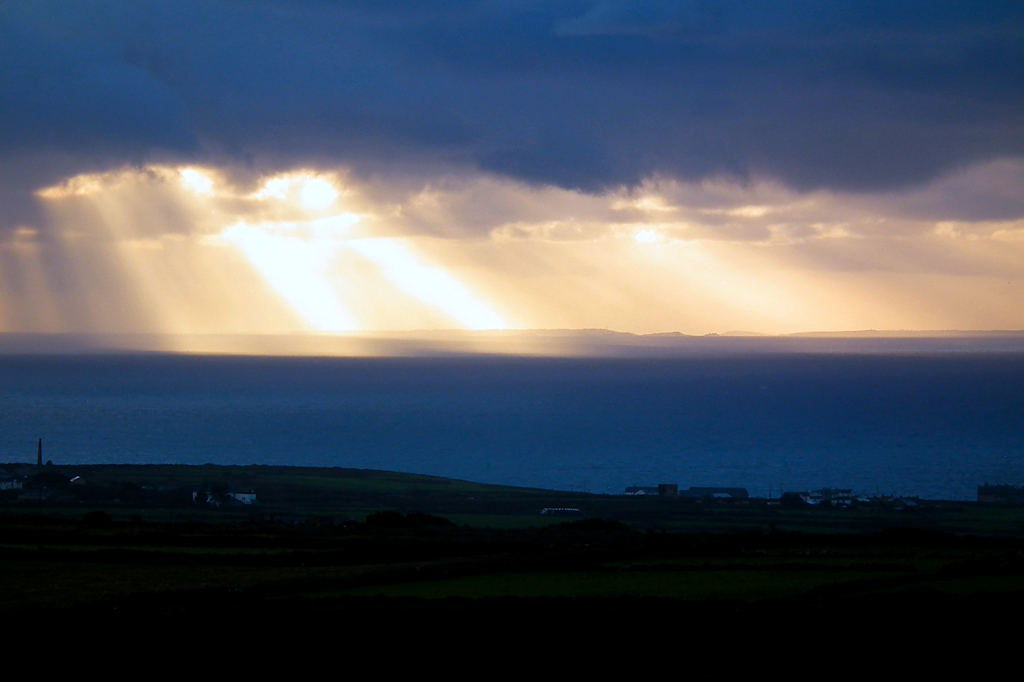
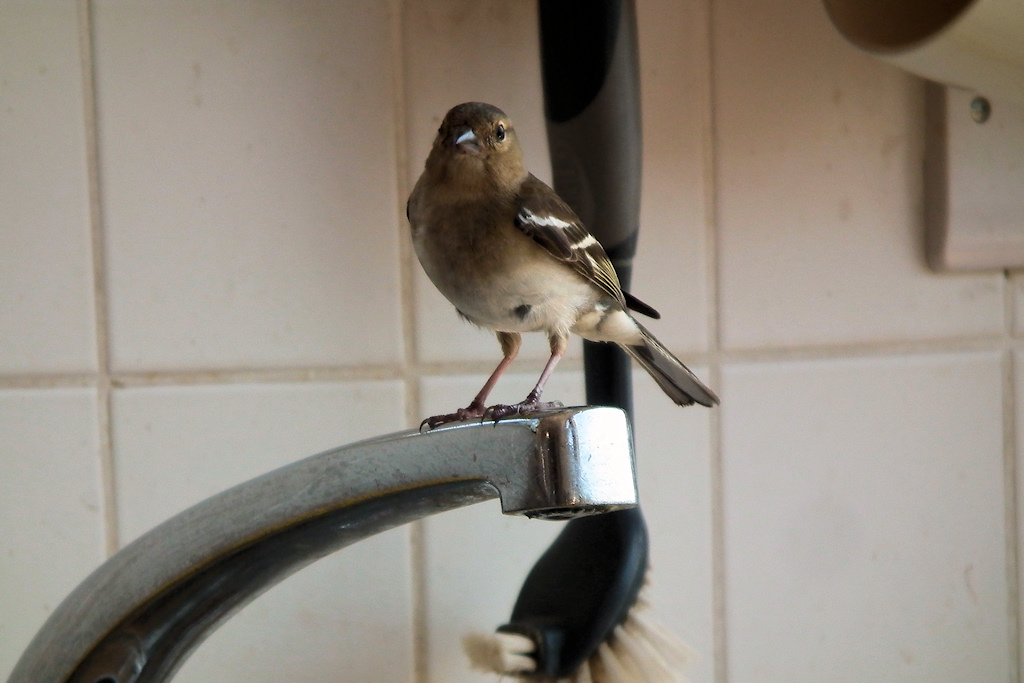
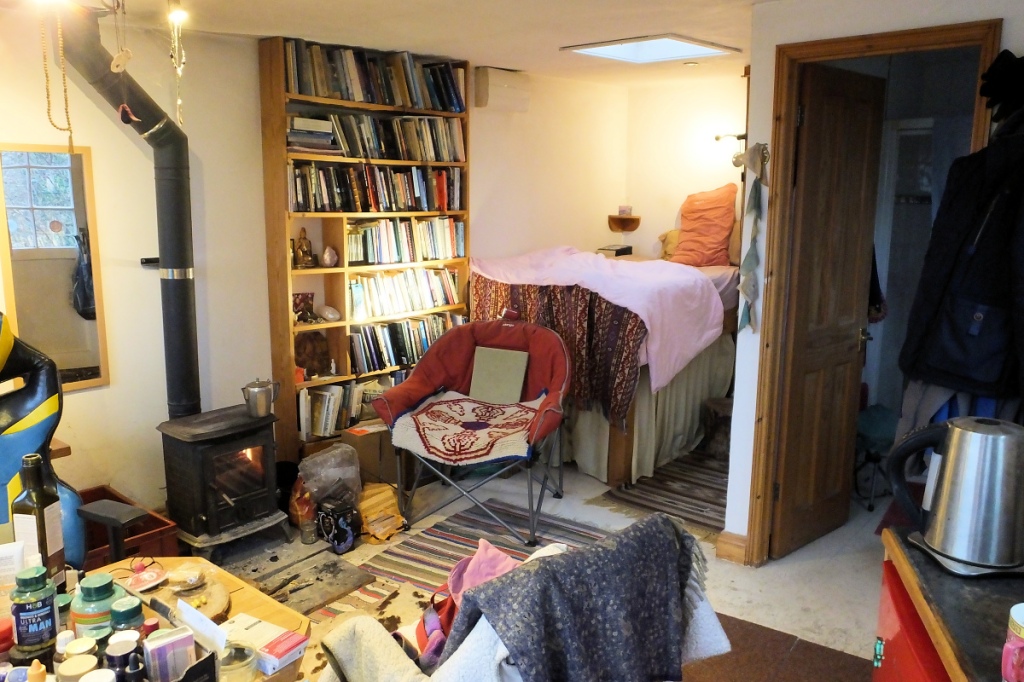
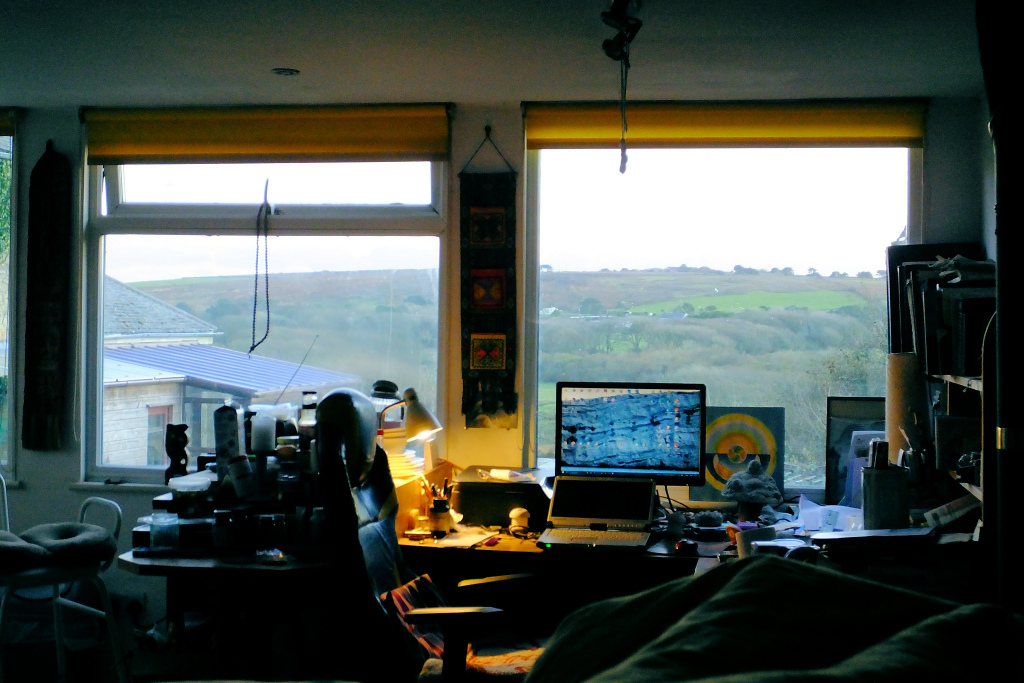
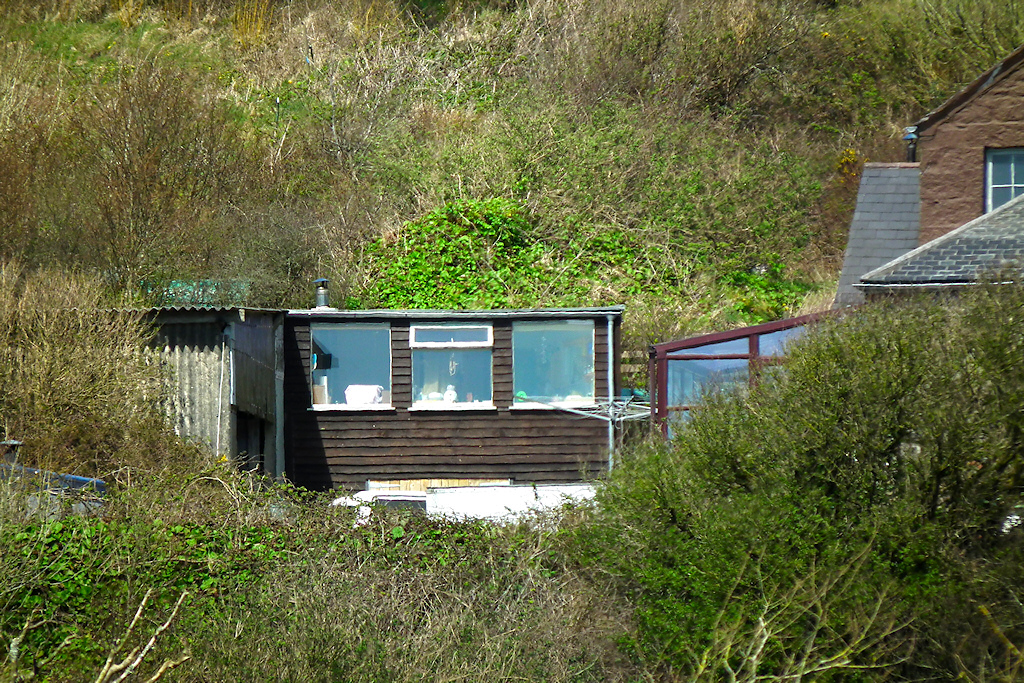
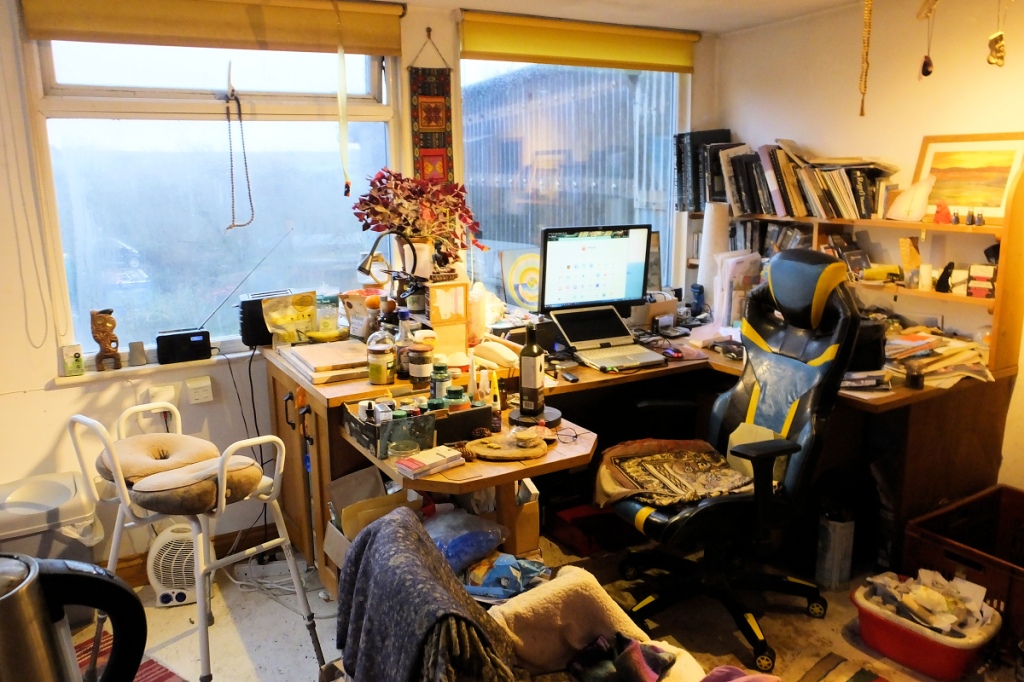
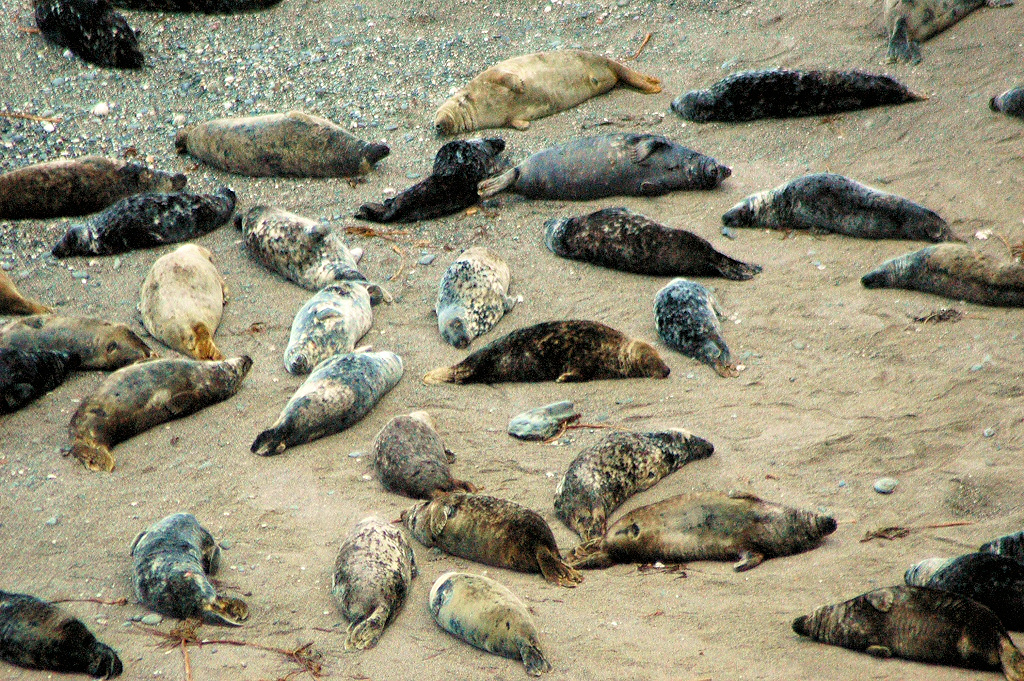
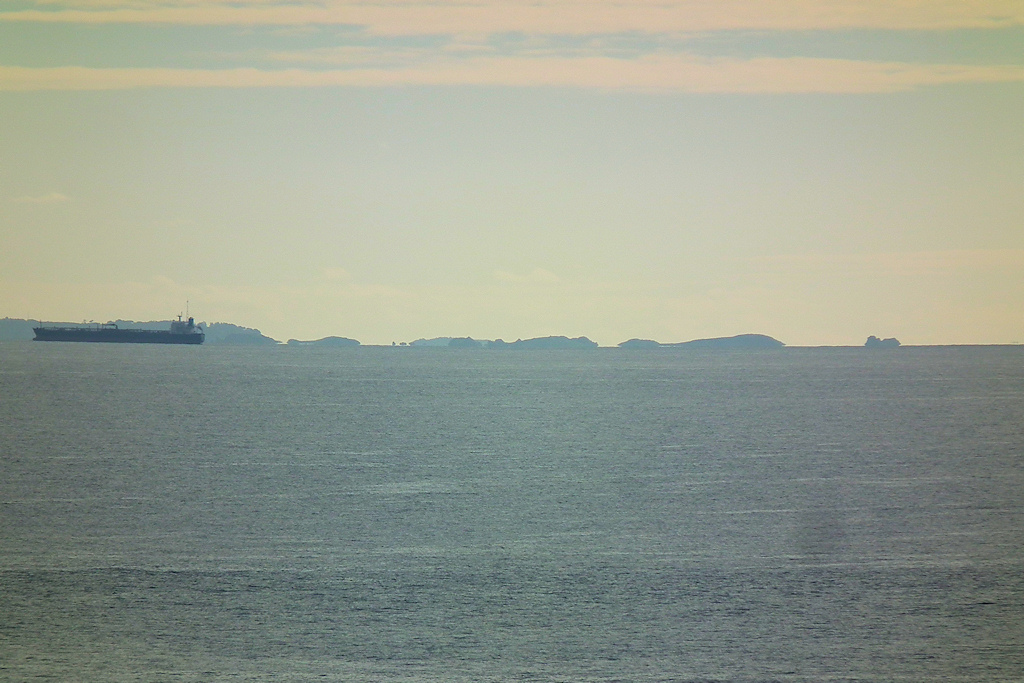



























































You must be logged in to post a comment.